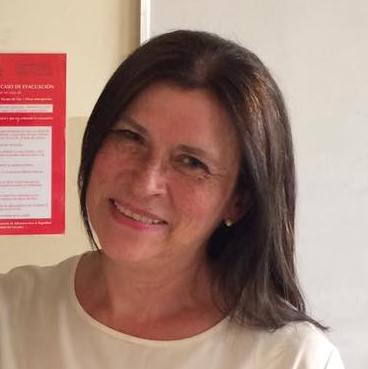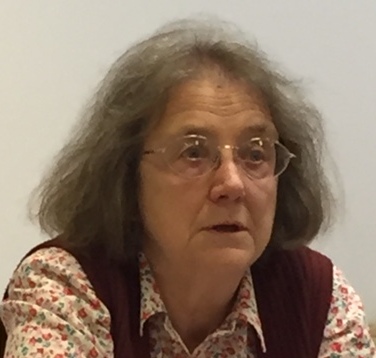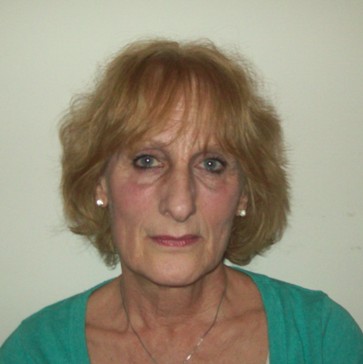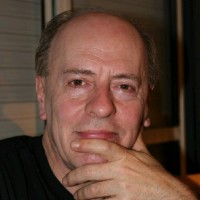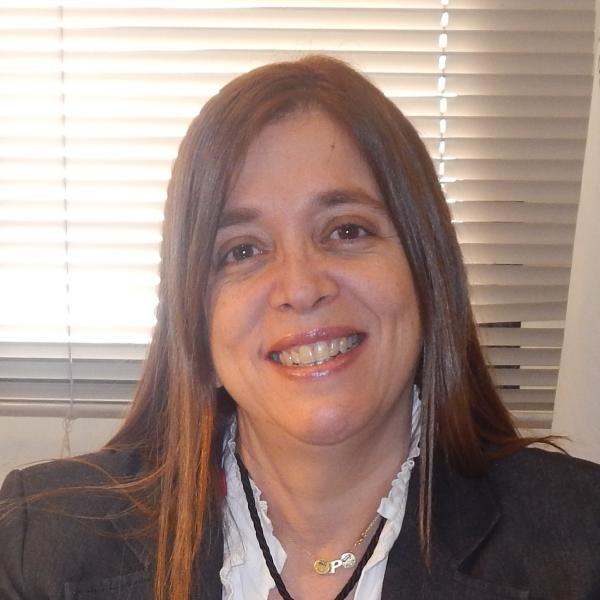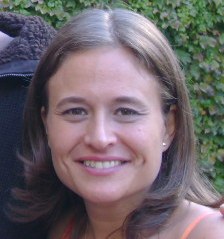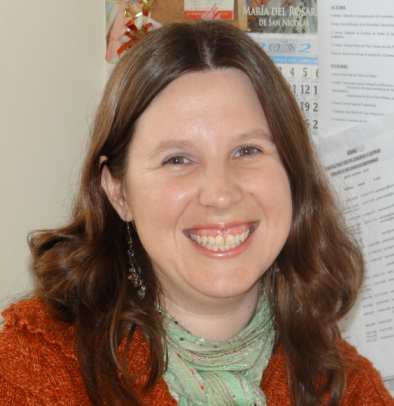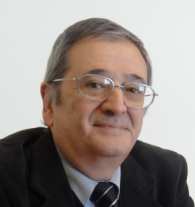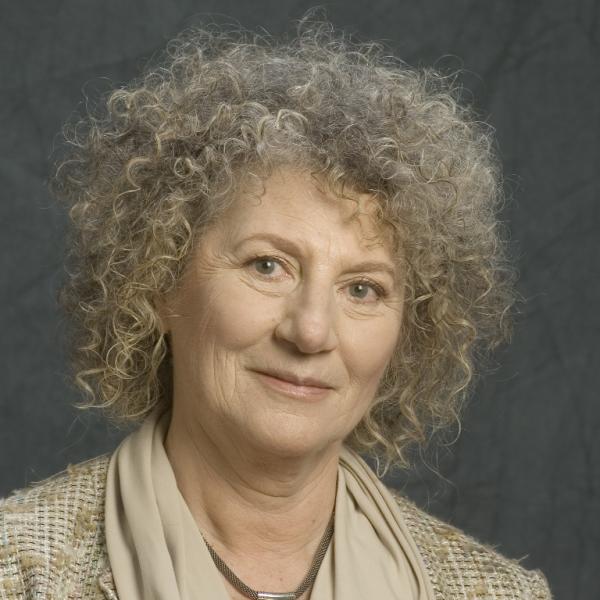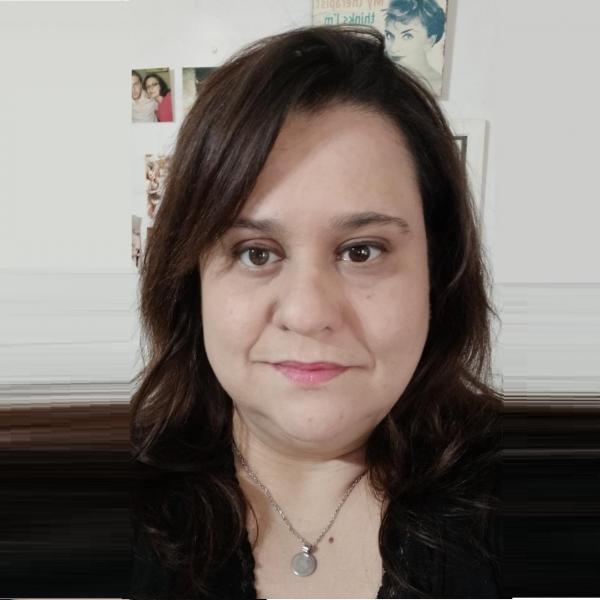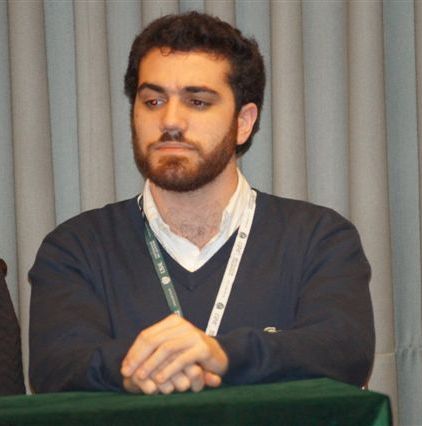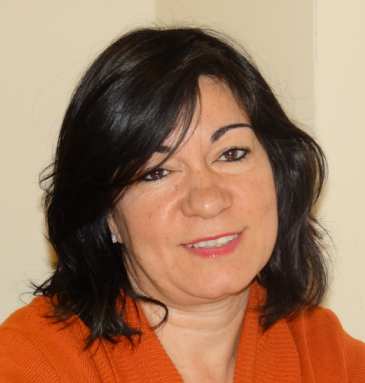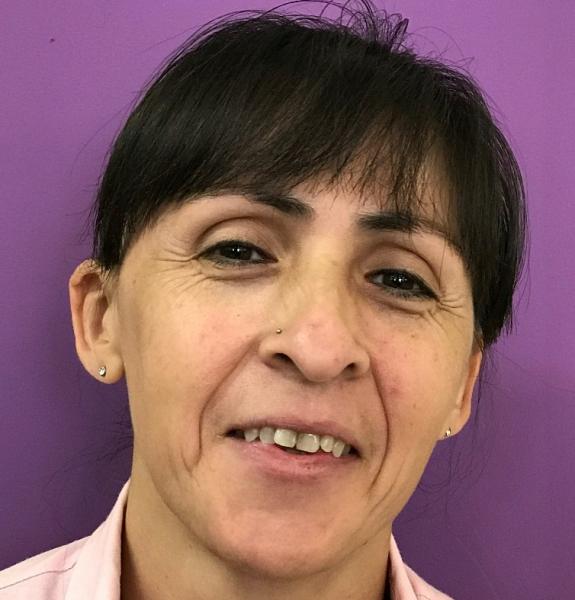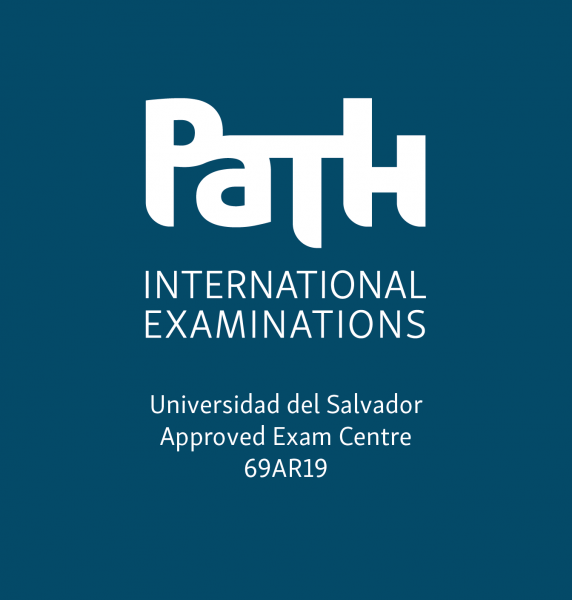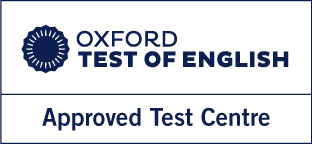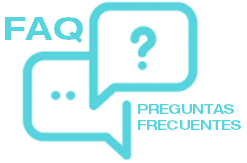Dentro del Departamento de Letras funcionaba la sección de Idiomas Modernos, que preparaba profesionales de idiomas e intérpretes-traductores. Es por ello que el 1º de abril de 1958 se crea el Departamento de Lenguas Modernas.
Un año después, y debido a su numerosa población estudiantil, se separa del departamento de Letras y se constituye el Departamento de Lenguas Modernas. Una vez formada definitivamente la Universidad del Salvador y sus distintas facultades, la sección de lenguas integra la Facultad de Historia y Letras ya con la categoría de Escuela. La Facultad la integraban la Escuela de Historia, la Escuela de Letras, la Escuela de Geografía y la Escuela de Lenguas Modernas. A comienzos de los años 70, se desprende de la Escuela de Geografía, la Escuela de Turismo. A fines de los años 90, la Facultad de Historia y Letras se une con Filosofía, pasando a llamarse Facultad de Filosofía, Historia y Letras, siempre contando con la Escuela de Lenguas Modernas como uno de sus integrantes históricos. A comienzos del nuevo milenio, se reestructura nuevamente la Facultad, creándose la Facultad de Filosofía y Letras y la Facultad de Historia, Geografía y Turismo. La Escuela de Lenguas forma parte de la Facultad de Filosofía y Letras hasta que finalmente, en el año 2015, se desprende de la Facultad y se convierte en una Unidad Académica independiente como Escuela de Lenguas Modernas dependiente directamente de Rectorado.
Como departamento, formaba profesores en lengua inglesa y francesa; esta última se mantuvo hasta fines de los años 60 y comienzos de los 70. Cuando pasa a brindar formación universitaria, se agrega la carrera de Traductor Público en Inglés, ya que este título lo puede otorgar únicamente una institución universitaria. El mismo es reconocido al finalizar la década de los 60 por el Colegio de Traductores Públicos de la Ciudad de Buenos Aires, pasando a formar nuestros graduados parte del Colegio mediante la obtención de su matrícula profesional. También se había incluido la formación de Traductores Científico-Literarios e Intérpretes de Conferencias. Hasta comienzos de los 70, los profesores tenían su formación en metodología de una lengua extranjera y todas las materias pedagógicas dentro del mismo plan estudio de la Escuela. Pero una vez creada la Facultad de Ciencias de la Educación y de la Comunicación Social, esta última comienza a brindar la formación pedagógica otorgando el título de Profesor Universitario para todas las disciplinas que se enseñaban en la Universidad, a través del Ciclo Pedagógico Universitario. La Escuela de Lenguas Modernas se ajusta al cambio creando dos títulos: Bachiller en Inglés y Bachiller Superior en Inglés. Mientras cursaban el tercer año de cualquiera de las cuatro carreras, podían comenzar el Ciclo Pedagógico y obtener ambos títulos. La Escuela formaba como hasta entonces traductores, intérpretes y bachilleres completando la formación con el Ciclo Pedagógico para obtener dos títulos de grado, el de Traductor Público o Traductor Científico-Literario e Intérprete y el de Profesor Universitario. Los Bachilleres y Bachilleres Superiores tenían tres títulos, Bachiller en Inglés, Bachiller Superior en Inglés, y Profesor Universitario. Cabe destacar que las mentoras de este cambio fueron, por las Autoridades de la Universidad, la Dra. María Mercedes Terrén y, por la Escuela de Lenguas Modernas, la Prof. María Josefa Casalis.
La Escuela siguió su camino y actualizándose. A principios de los años 90, se agrega el título de Licenciado en Lengua Inglesa para los Bachilleres Superiores que cursaran un año más. Luego el Ministerio de Educación considera a la licenciatura como título de grado con un cursado mínimo de cuatro años e inmediatamente la Escuela adopta el sistema y lleva a cuatro años la Licenciatura en Lengua Inglesa y, a su vez, crea la Licenciatura en Interpretación de Conferencias en Inglés. En el año 1996, el Ministerio de Educación aprueba el Doctorado en Lenguas Modernas con Especialización en Inglés, Francés, Italiano, Portugués y Alemán. El cursado del mismo se mantiene hasta el año 2006, doctorándose más de 46 profesionales. Se le dio de esta manera una oportunidad a todos aquellos que por distintos motivos no podían ir al exterior a cursarlo. Una deuda con la sociedad argentina que cumplimos.
Últimos años
Atenta a los nuevos desafíos formativos, en orden a la renovación curricular y los nuevos diseños, modificaron sus planes de estudios las carreras de: Licenciatura en Lengua Inglesa, Licenciatura en Interpretación de Conferencias en Inglés, Traductorado Científico Literario de Inglés, Traductorado Público de Inglés. La Escuela siguió creciendo incorporando, ya en el nuevo milenio, las carreras de Traductor Público en Portugués y Científico- Literario en Portugués. Hace dos años, el Ministerio de Educación apróbó el Traductorado Público en Italiano, y en 2018 el Traductorado Científico-Literario en Italiano.
La Escuela de Lenguas Modernas participó activamente desde 1996 hasta 2010 en todos los planes de reconversión de institutos terciarios. Estuvo presente con una cohorte en Venado Tuerto, una cohorte en Bahía Blanca, dos cohortes en Gualeguachú, dos cohortes en Posadas, una cohorte en Pergamino, dos cohortes en Rosario, dos cohortes en San Isidro, dos cohortes en Ramos Mejía y una cohorte en San Antonio de Padua. También estuvo presente en la Universidad de Caxias do Sul con el Doctorado en Lenguas Modernas, formando 12 doctores en lengua portuguesa.
Las actividades de extensión universitaria y transferencia académica han ocupado en los últimos años un rol de importancia, con actividades científicas tales como jornadas, seminarios y concursos. Merecen ser mencionadas las acciones académicas con participación específica de los alumnos en eventos académicos, a través de su colaboración en la organización de cursos y otras.
Cabe mencionar especialmente la publicación “Ideas” que comenzó tímidamente a comienzos del 2000 con dos ediciones de la Revista. En la actualidad, se acaba de publicar tercer número de la Revista Científica Ideas (segunda época), ámbito pensado para la expresión de los que día a día trabajan, investigan o se interesan por las lenguas modernas. Cabe destacar que se trata de una publicación de carácter plurilingüe.
Desde hace 16 años, ininterrumpidamente, la Escuela organiza el concurso literario en Lengua Inglesa para alumnos de nivel terciario y universitario.
Asimismo, la Escuela lleva organizadas cuatro ediciones de las Jornadas Internacionales de Lengua Inglesa, abarcando distintos temas: fonética y fonología; estudios sobre traducción e interpretación; variedad de la literatura en inglés; y cultura de los países de habla inglesa, con invitados internacionales y nacionales de altísimo nivel académico. Este año se desarrollará la quinta edición "Nuevos desafíos para la trandsformación académica".
Hace ya muchos años, la Escuela se abrió a la comunidad dando clases gratuitas a instituciones sin fines de lucro y asistiendo en traducciones e interpretaciones a instituciones que lo requerían, como forma de vinculación con el medio. También se colabora internamente con todas la unidades académicas de nuestra universidad con traducciones de resúmenes para las publicaciones científicas, conferencias, libros y todo tipo de material escrito. Asímismo se colabora con las interpretaciones de congresos, ya sea en forma consecutiva o simultánea.
A mediados de 2015, se crea la Cátedra Extracurricular sobre Estudios Irlandeses, en virtud de los sólidos vínculos que existen entre nuestra Casa de Estudios y la comunidad argentino-irlandesa, a través de la propuesta formal de la Embajada de Irlanda. La cátedra tiene como objetivo constituirse en foco de difusión de la cultura irlandesa, en sus manifestaciones lingüísticas, literarias e históricas, y en la de los inmigrantes irlandeses en la Argentina y sus descendientes.
En materia de Investigación, hace ocho años se comenzó en el ámbito de la Escuela con grupos de investigación integrados por docentes de la casa, alumnos y, en algunos casos, también se contó con el aporte de notables profesores externos. En julio de 2015, se crea el Instituto de Investigación en Lenguas Modernas que tiene por finalidad fomentar la inserción de docentes, graduados y estudiantes en actividades de investigación, experimentación adaptativa y en la producción académica. De igual modo, se busca enriquecer la actividad docente, la formación de estudiantes, el campo laboral de los graduados y los contenidos curriculares con los aportes del campo de la investigación, y contribuir a la Carrera de Investigadores de la Universidad del Salvador.
Cabe destacar el apoyo incondicional de todos los docentes que pertenecieron a nuestra casa. Profesores fundadores como + Elena Lascurain, + María Josefa Casalis, + María Marta Diez, + Clara Artaza, + Elena MacGaw, + Elena Gómez Pérez, todos los que siguen fieles a nuestra Escuela y toda la nueva generación de graduados que se quedaron en la USAL y, de alguna manera, son los que inspiran para seguir adelante con ideas nuevas y constructivas.
Todos ellos trabajaron y trabajan “PARA MAYOR GLORIA DE DIOS”.
(Aporte del Dr. Héctor Valencia, Ex Director).

















